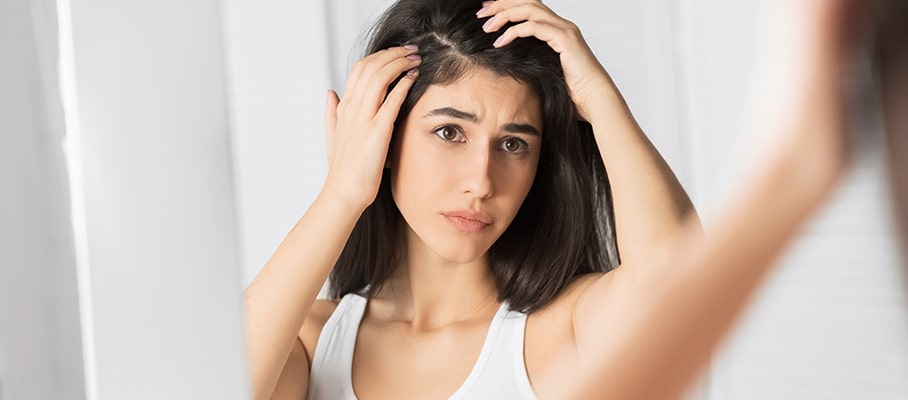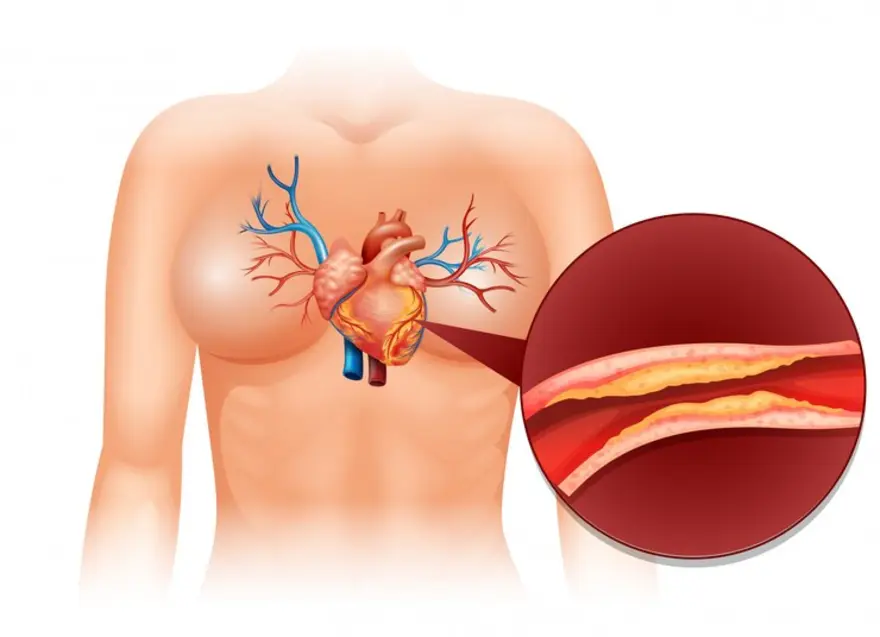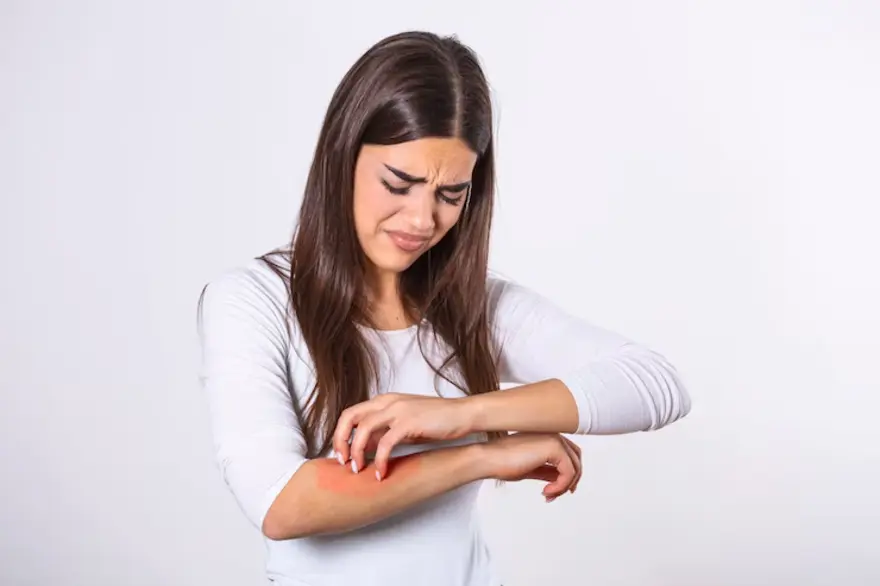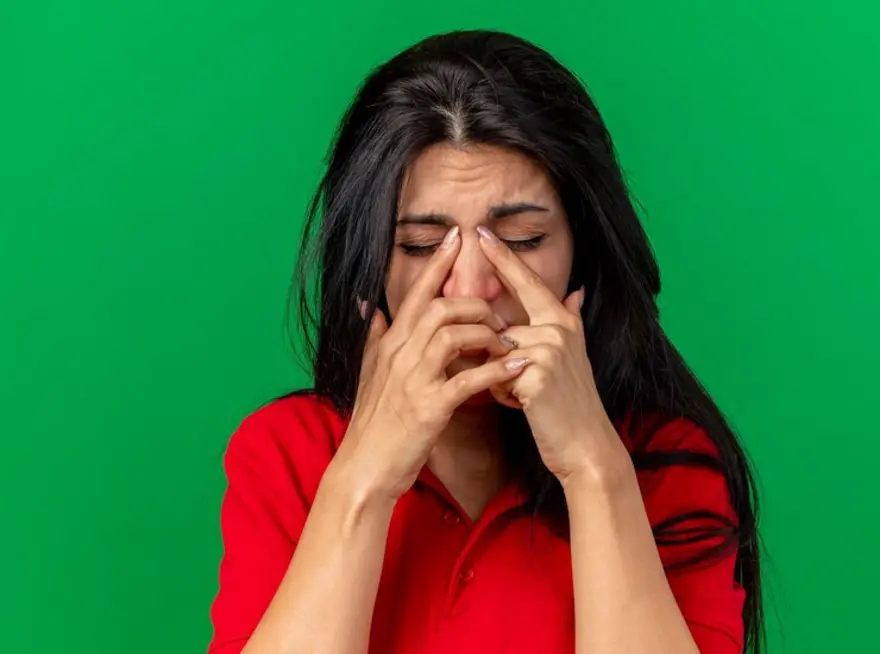Vitamin B12 blood test
What are The Home Remedies For Dandruff?
Do you often see pesky white flakes on your shirt or find your scalp itchy? Do you see your washbasin/sink filled with flocks of hair? Watch out, as these can be the signs of dandruff on your head. Irrespective of age or gender, it can be found in both men and women and is not something you should take lightly. Know about the home remedies for dandruff treatment at home. Dandruff is a common condition that can be found in the hair all year round and is the result of a dry and itchy scalp. Often caused by the overgrowth of a fungus, Malassezia, it especially becomes evident during winter as the scalp is unable to get enough moisture and becomes dry. Malassezia feeds on the sebum i.e the oily substance secreted by the glands on the scalp. And when this fungus feeds on the sebum, it breaks into fatty acid that causes irritation on the scalp. Confused about what is causing you an itchy scalp? Dandruff should not be taken lightly as it denotes a microinflammation, which might be easily overlooked as there are no readily observable symptoms. Apart from dry and itchy scalp, there are a few other causes of dandruff which are: Prolonged period of stress Parkinson’s or illness such as eczema Harsh or irregular brushing Lack of nutrients such as vitamin B12 Unadvised or irregular use of hair care products Pollution and heat You are more likely to have dandruff if your scalp feels oily or your hair looks greasy at most times. At times you may also experience intense itching even when the scalp does not feel dry. In extreme cases, it can show up severe itching and worsened flakes over time or as large areas of redness or swelling on the scalp.Many of you resort to using multiple antidandruff products to get rid of the problem temporarily, but do you know there are several effective and easy-to-implement home remedies that can help you save that money you spend on hair care products? Some effective home remedies for dandruff are: Coconut oil and lemon: Coconut oil is something that everyone’s grandmother advices. Its antifungal properties can provide a great relief from itchiness and dry scalp. Combine equal amounts of coconut oil and lemon juice and massage the mixture on your scalp. Keep it for about 10-15 minutes and rinse your hair thoroughly. This will not only help you get rid of dandruff but also boost hair growth and nourishment. Make sure to preheat the oil in winter as it tends to freeze easily in colder temperatures. Yogurt: The lactic acid in yogurt helps reduce dandruff and the protein in it strengthens your hair from its roots. It is a treasure trove of friendly bacteria and helps prevent flaking of the scalp area. Apply a layer of fresh yogurt on the scalp and hair. Let it sit for 10-15 minutes and rinse with lukewarm water and dry. You can try adding black pepper to yogurt since that is also loaded with anti fungal properties. Neem: Using freshly grounded paste made of neem leaves for skin problems dates back to the ancestral times. Because of its antibacterial, anti fungal and antimicrobial properties, it is a simple cure for dandruff and itchiness.Alternatively, you can simply boil some fresh neem leaves, let it cool and rinse your hair with that water. Aloe Vera: A panacea for all type of skin problems, Aloe Vera alleviates flakiness and skin irritation, acts as a natural coolant and makes your scalp itch free and cool. Aloe Vera has certain anti fungal properties that helps treat recurring dandruff and cleanses dead skin for regeneration of fresh cells.Apply aloe vera gel on your scalp, leave for about half an hour and later wash your hair with a mild shampoo. Apple Cider Vinegar (ACV): ACH works as a natural hair cleanser and unclogs pores and hair follicles. Its acidic nature helps remove dead skin cells on the scalp, prevents the growth of fungus and restores the pH balance of your scalp.Simply make a mixture using 2 tablespoons of Apple Cider Vinegar in a cup of cold water and rinse your hair after shampooing. Let it settle for two minutes before washing it off. To get the best results, it can be used once a week. Salt: Salt can absorb excess oil on your scalp, making it itchy and irritable. Oily scalp is also the reason for pimples on the forehead and hence it is best to treat dandruff at home as quick as possible.Just add a pinch of salt to your usual shampoo and apply on your hair. Massage it gently in circular motions all over your scalp and exfoliate. Leave it for a minute or two and wash with lukewarm water. Olive oil and Vinegar: Olive oil acts as a natural conditioner for hair, and being lightweight, applying it on hair doesn’t weigh them down. Combined with acetic properties of vinegar, the mixture guards the scalp from fungal infection and at the same time improves blood circulation. Mix 1 teaspoon olive oil with 2 teaspoon of vinegar. Apply the mixture evenly on hair and massage the scalp for 5 minutes. Wash it with antidandruff shampoo and apply a conditioner for best results. Apart from these quick home remedies to treat dandruff at home, there are other certain tips that can prove beneficial in reducing flakiness and dryness of the scalp. Try to avoid eating too much sugar, fats and carbs Avoid using styling tools too often as any kind of artificial heat can cause irreparable damage and precipitate dandruff Don’t scratch your scalp often Shampoo your hair 2-3 times a week to loosen the dead skin from the scalp Brush your hair often to improve blood circulation in the scalp Following a balanced and a healthy hair care routine can help reduce dandruff to a huge extent. However if you see no relief, and the itchiness or dryness still persists, you should consult a doctor for seborrheic dermatitis, a fungal infection on your scalp.
5 effective ways to deal with hair fall in winter
With the onset of winter, it’s not surprising to see yourself losing a lot of hair in the shower than you normally do. Just as your skin health is cyclical based on the changing seasons, as is the hair loss you’re likely to suffer during winter. Excessive hair loss in winter is largely due to the dry air outside that sucks out all the moisture from your scalp, and makes it dry. A dry scalp leads to dry hair, which in turn results in hair damage, breakage, and hair loss. A dry scalp also leads to dandruff, which makes your head feel itchy and unhealthy. This, along with arid air, can cause a significant amount of hair fall in the winter. Even those with the healthiest of hair have their set of challenges this time of the year. If you’re wondering what you can do to make sure your hair doesn’t fall out or break in the colder months of the year, read on to discover what you can do to stop hair loss in winter! Follow these 5 tips for effectively reducing hair fall in the winter: 1. Oil massages There’s nothing like a good scalp massage for your hair in the winter. This helps increase blood circulation to your scalp, which helps strengthen the hair follicles from within. Warm up 2-3 teaspoons of olive oil or almond oil and massage it slowly on the scalp to help it penetrate deep down the hair roots. For deep conditioning, you can apply the oil on the length of your hair too. Besides being extremely soothing, oil massages are a great way to provide your hair and scalp with the right vitamins needed to fight the winter winds. Regularly massaging your hair with oil is essential to maintain its strength and shine, improve blood circulation and ensure good nourishment for your hair cuticles. Keep an eye on your vitamin B levels as vitamin B12 promotes healthy hair growth. To get rid of dandruff, take some oil and mix some amount of camphor and apply to your scalp. Camphor works as an antiseptic and helps in reducing the dryness of your scalp and preventing itchiness. 2. Look for the actual cause of hair fall From stress to nutritional deficiencies, simple daily habits of yours can add to your winter-related hair fall. Consult a hair specialist (trichologist) to help you keep your strands lustrous and healthy. Your doctor can recommend you certain health tests to understand your health numbers and blood parameters. A complete blood picture can help your doctor rule out systemic diseases that might be causing your hair and scalp’s condition. Book blood test now. 3. Eat healthy and stay hydrated Unhealthy diets coupled with lack of essential vitamins, minerals and other hair nutrients in your diet can result in hair loss. Vitamin A stirs up healthy production of sebum in the scalp, vitamin E stimulates blood circulation in the scalp to help hair follicles remain productive and vitamin B helps in maintaining the hair’s health. Poor diet coupled with nutritional deficiencies inhibits your body’s ability to create new hair follicles. Ensure you consume sufficient green meals and proteins as required in cold weather. Eating lean meats, curd, fish, soy or other proteins promotes hair growth and keeps a check on hair loss. Think you are not taking enough care of your health? Book a health check up now. Besides, water is the magic potion that we all need to stay hydrated from within in this dry winter weather. Drink plenty of water and keep your hair well hydrated. This will prevent split ends and brittle hair, nurturing shiny, radiant hair. 4. Use the right kind of hair products as per your hair type You use a plethora of hair products including hair oils, shampoos, conditioners, and hair masks. Choosing the right hair product that suits your hair needs is a critical part of preventing hair loss. For example, if you have dry hair, opt for products that offer deep conditioning. Moisturising with a conditioner is a key hair care routine step which is skipped way too often. It is in fact the most crucial step in winters. Conditioning works wonders on your hair’s outermost layer, the cuticle for it to look healthy and shiny. By conditioning after every wash, you ensure that the cuticle serves its purpose as the protective shield that it’s meant to be. While buying, look for a conditioner with cetyl alcohol as it is considered as a good moisturizing agent. In addition to this, a deep conditioning hair mask is a great way to keep your hair hydrated, and prevent it from drying out and becoming dull and lifeless. Natural home-made hair packs for winter hair care give you shiny hair and can be applied once or twice a week. To start with hair care at home, take a mashed banana and egg and mix well to form a paste. Add a few drops of lemon along with a Vitamin E capsule and blend well using a blender. Apply this paste from roots to tips of your hair and wait for 30 minutes before washing it off with a mild shampoo. You can even use a natural aloe vera gel and add a few drops of lemon juice along with one tablespoon of olive or coconut oil. Apply this mixture well from root to the hair tips. Wait for 30 minutes. Use a mild shampoo and cold (preferably) or lukewarm water to rinse your hair. 5. Avoid taking hot shower Avoid taking prolonged hot showers or head wash in hot water. Too much heat can damage your hair. Instead, opt for lukewarm water while taking a head bath. Also, try limiting the use of curling irons or blow dryers. The less you’ll deal with these heat styling tools, the better off your hair will be. If you style your hair too often, use a hair protection spray before experimenting. All set to control hair fall in winter? Make these tips a regular routine for your winter hair care and make great hair with great care! This winter, bid adieu to all your hair woes and leave all those bad hair days behind.
 Home Visit
Home Visit Upload
Upload
















 WhatsApp
WhatsApp